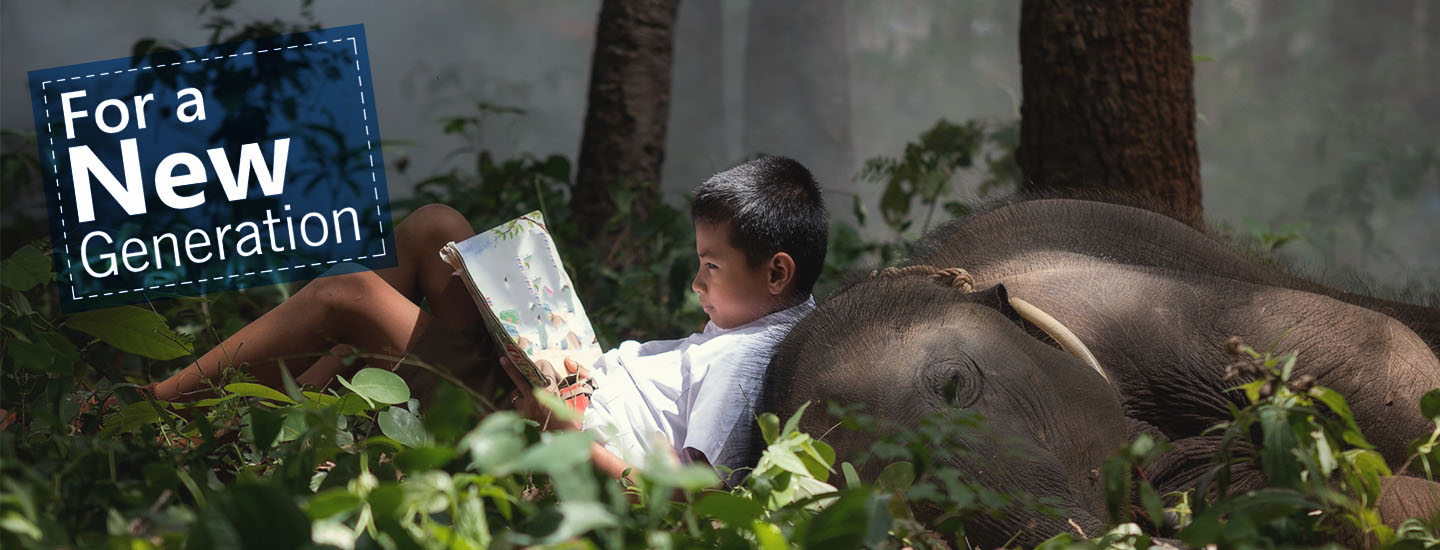“Education is the most powerful weapon which you
can use to change the world.”
~~~ Nelson Mandela
There is a saying we are all familiar with – that when we educate our children we teach them reading, writing and arithmetic. However does education end there?
If you think about what education should impart to a child, you will realise it has to be much more. After all the true purposes of education are not just literacy and the ability to calculate with numbers. It is to prepare them for their future lives. In today’s complex world with its myriad challenges we have to prepare our children with much more thought and sensitivity. We have to teach them the skills of survival and also build their character. And here both parents and teachers have a role to play.
On 14th November we celebrate the birth anniversary of India’s first prime minister Pandit Jawaharlal Nehru. When he was alive he was popular among children as ‘Chacha Nehru’ or Uncle Nehru because people had noticed his genuine love for children. As prime minister he gave much thought to investing in India’s future generations. He laid the foundation of many institutions like medical colleges, universities and the Indian Institute of Technology so that India’s youth could move into the future with confidence and well honed skills.
Of course, we all realise that education does not begin in the classroom. It begins at birth at home in the cradle of the family. Teachers in schools can only further this education. It begins with parents who impart the correct values to a child – what is right and what is wrong; what is the correct behaviour; the importance of values like courtesy, honesty, fairness, kindness, generosity and tolerance.
We often forget that children learn much more from watching the adults around them than from listening to what you tell them. So if your behaviour does not match the values you are talking about they get confused. For example when they have been told to tell the truth and then hear a parent tell a lie they don’t know what is correct. Children are not born with any beliefs and the prejudices that they show – for example against other children with dusky skin, other religions or castes, they learn from their parents.
Children have an instinctive fascination with discovering their roots. We have to introduce them to our culture and traditions as it gives them a great sense of belonging. So introduce them to India’s literature, art, music and dance. They love taking part in our festivals and travelling across our many-hued land to discover its many people and cultures. A cultural upbringing will enrich their lives and they will grow up to be proud of their nation and its heritage.
Do remember that investing in the future of our children need not be a solemn matter. It will be a time of sharing and joy as you watch a child’s wonder at the magic of nature as they see a butterfly land on a flower or listen to a bird sing. There is something so joyous in children discovering music or dance as you get an opportunity to go back to your childhood again. You have to give children both time and patience as you listen to them, join them in play and guide them into becoming good human beings. Building their character is the best investment in their future.


